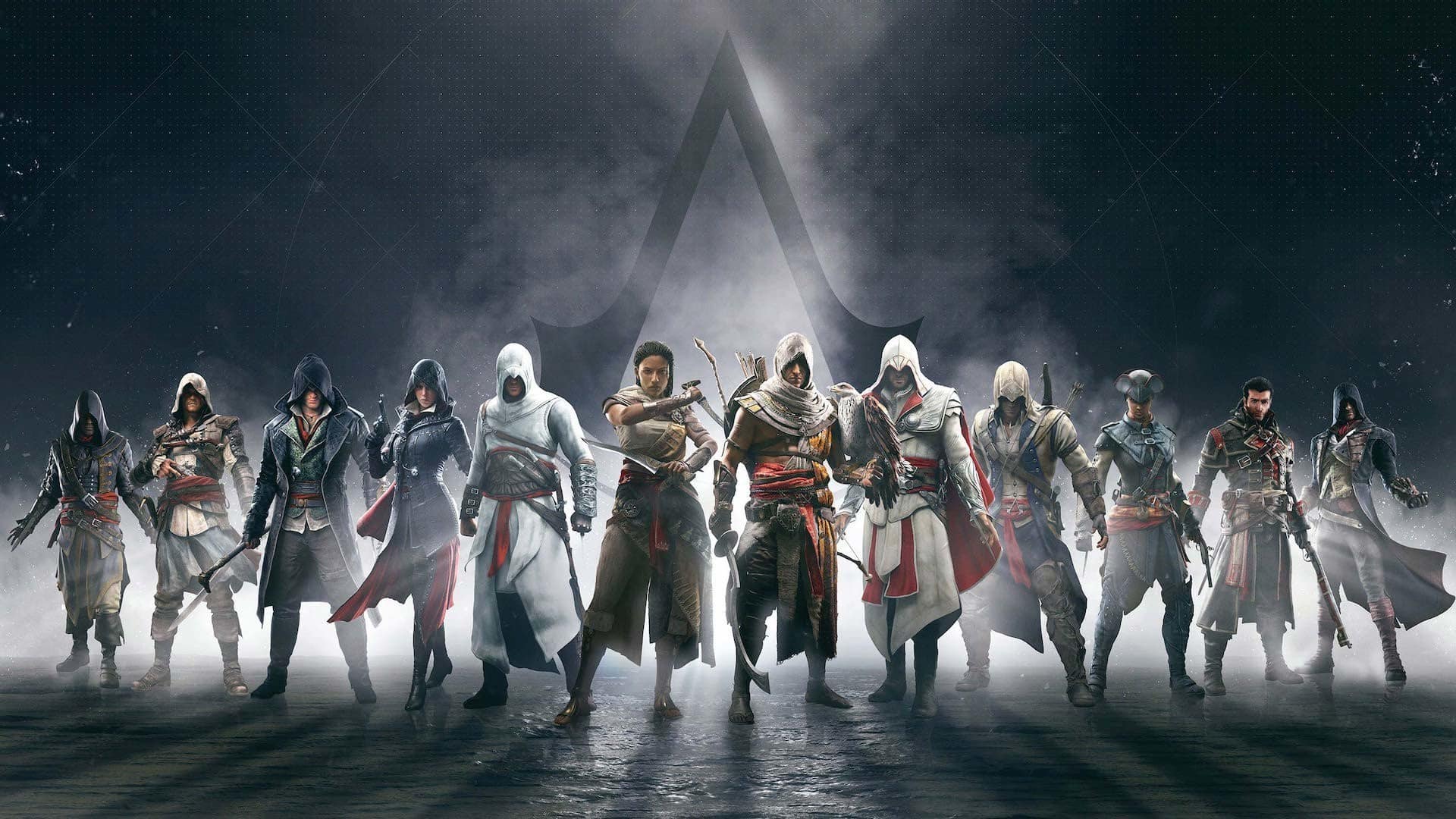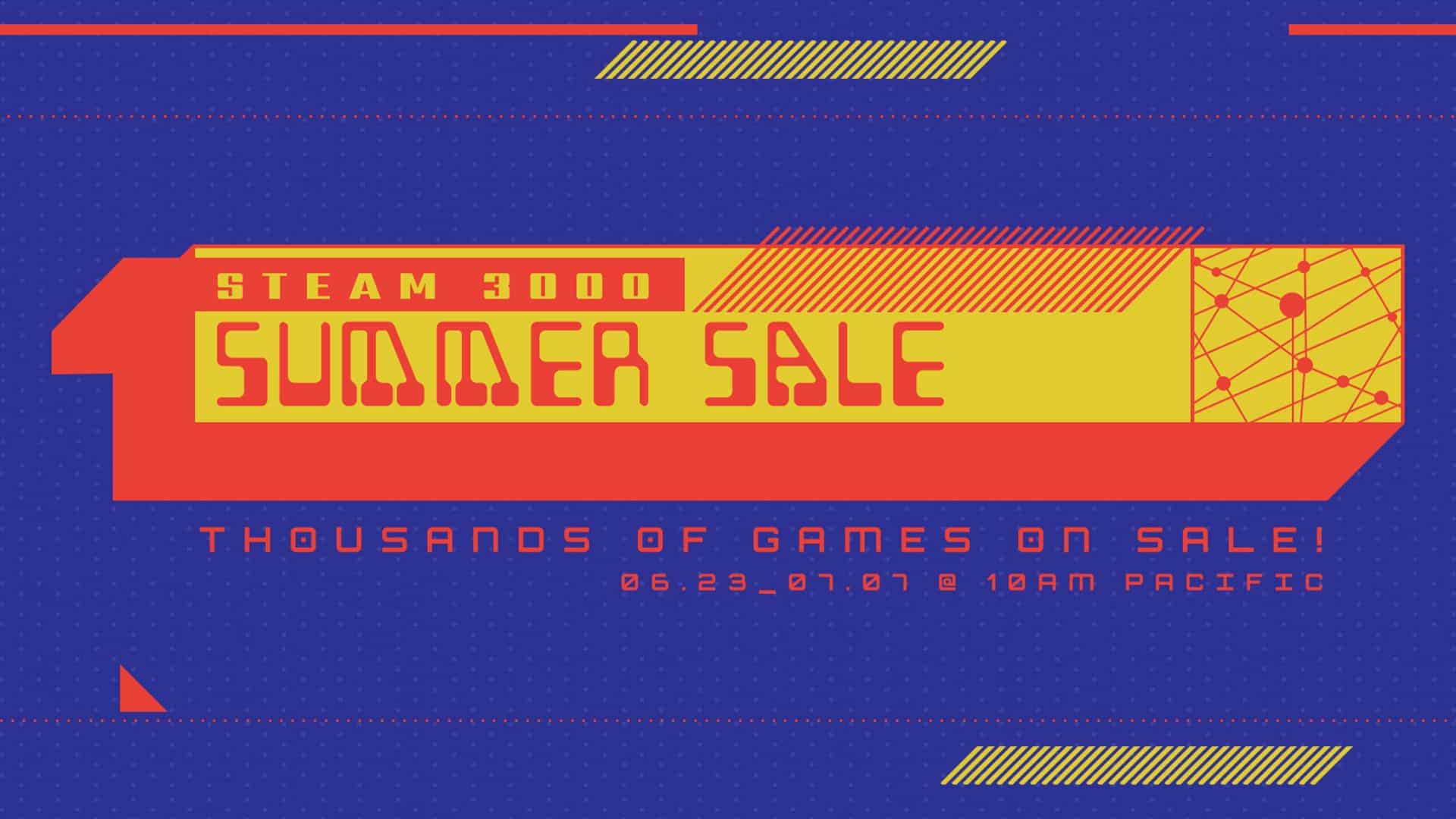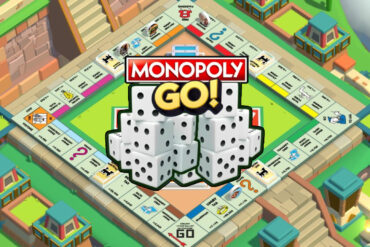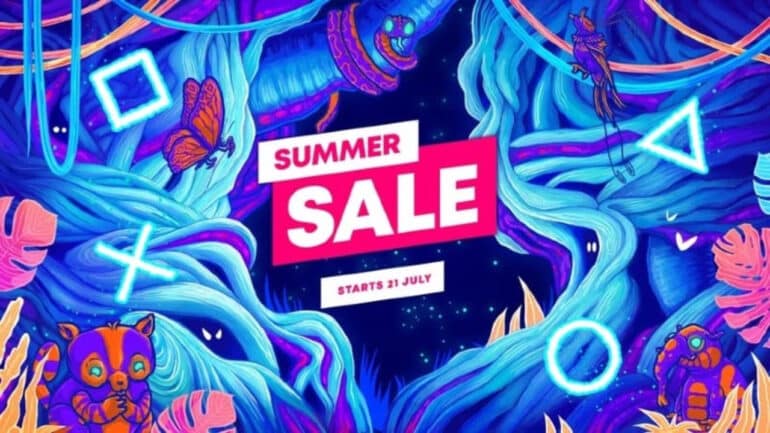When I was a child I went with my mother to the supermarket to get some dessert. When we arrived the man behind the counter asked me what it was that I wanted. I gazed at all the delicious, mouth-watering goodies displayed along the seemingly endless counter and when I had finally finished perusing, I looked up at the man and said “One-thousand-and-one sweets, please.” Suffice to say, I was being greedy. But I was a child in a sweetshop, presented with far too much choice all at once with no real inclination of what I truly wanted. I find myself still suffering from this, the child-in-the-sweetshop syndrome if you will, to this very day. However, this time it’s not with desserts. Instead, it’s with video games. You see, dear reader, I’ve found myself with a backlog several hundred games deep, and it’s becoming a bit of an issue.
The Problem With Choice
The phenomenon of the backlog is a tale as old as time. Well, not quite, but it has been an issue for gamers since the rise in popularity of video games in general. The more games come out, and the more we buy them without completing the ones we already own, the more unfinished titles we accumulate to simply leave sitting out on our poorly constructed shelves to do very little else other than look beautiful and collect dust.
“The standard line is that choice is good for us,” Stuart Jeffries, editor and contributing journalist at The Guardian, says in his 2015 article titledWhy too much choice is stressing us out. Choice can offer us a sense of freedom, an increased sense of autonomy, and much more, but, Stuart argues, none of this helps “when you’re standing before a towering aisle of water bottles, paralysed and increasingly dehydrated, unable to choose.” This concept of being overwhelmed by choice is a huge factor in how backlogs even begin.
The Frustrating Backlog
According to Renata Salecl, a senior researcher at the Institute of Criminology at the University of Ljubljana, “[c]hoice brings a sense of overwhelming responsibility into play, and this is bound up with a fear of failure, a feeling of guilt and an anxiety that regret will follow if we have made the wrong choice.” Whether it’s the fear of missing out on playing one Assassin’s Creed over the other, or the fact that you feel guilty because you should be playing the new Call of Duty with your friends, it’s hard not to get bogged down by the overwhelming nature of choice and let that backlog grow.

This would explain why backlogs have been known to cause anxiety, frustration, self-blame and an overwhelming lack of autonomy. So then why do we accumulate such a large backlog if it does little more than add to our already fragile states of mind? Well, I’m here to throw some fancy words your way and hope to answer that question.
The Eternal Sale
It’s all in the sales. Firstly, let’s look at why we buy more stuff than we need. According to Joshua Becker, author of The Minimalist Home, we buy more than we need because “[w]e believe possessions will make us secure” or happy; we are “more susceptible to advertising than we believe” and are “jealous of people who own more”; and in “trying to compensate for our deficiencies” we reveal in fact that we are “more selfish than we like to admit”.
In short, we buy more and more stuff to compensate for gaps in our lives. Whether that’s a need to fulfil some sort of deep-rooted sadness that only retail therapy can fix or because you simply just like owning new things, we’re always trying to fill a hole in our capitalist souls. As A. Edward Newton put it “The buying of more books than one can read is nothing less than the soul reaching towards infinity.” We buy more so that we can feel a greater sense of fulfilment. However, this is only exacerbated by advertising and the unfortunate capitalist trend of sales.
The Black Friday Sale
There is not a day that goes without sales on both PS4 and Switch. In fact, today there are over 1200 games on sale on the Switch alone, and that is only including digitally. Events like Black Friday ensure that even more products have their prices slashed. PlayStation generally has a Black Friday sale on all their biggest games, as does Amazon on physical copies across all platforms.

The thing is, PlayStation and all the other platforms don’t even really need a reason to host a sale. Sure, everyone jumps on occasions such as Black Friday, but PlayStation has regular sales occurring all the time. You are likely to see an indie games sale or even a “Jim Ryan’s cat just had kittens” sale. It’s gotten so bad on the Switch that publishers have to put their games as low as £0.08 just to stand out in the sale. But why do we give into sales, and how are sales and your backlog connected?
How Sales Affect Our Minds And Our Backlog
Sales are addictive for numerous reasons because, let’s not forget, there’s a whole bunch of psychology behind all of it. One of the central reasons for our addiction to sales is the scarcity effect. In Jamie Madigan’s article, The Psychology Behind Steam’s Summer Sale, he outlines various reasons why we may be addicted to buying games through Steam’s annual Summer Sale and talks at length about the scarcity effect: “All the Steam deals are time limited and feature prominent countdowns. If you’re thinking of buying a game, you have no idea if it will come up again before the sale is over, so you’re more likely to grab it rather than lose your shot.”

In essence, we buy games through sales because of FOMO (fear of missing out). We fear that if we don’t nab that heavily discounted copy of Race With Ryan straight away we may miss out on it forever. As the saying goes, grab it while you still can. In fact, Madigan argues that “psychological reactance” may actually convince us that we would get more enjoyment out of games that will become unavailable soon.
The Fear Of Missing Out
Across most platforms is the ability to see exactly when a game will be taken off sale, including up to the last hour. Watching that sale timer count down in your wishlist, desperately weighing up the pros and cons of the sale, is what usually results in that cheap copy of Cooking Simulator being added to your ever-increasing backlog.
Kit Yarrow argues in her article, Why Clearance Sales are Psychologically “Irresistable”, that “The fear of “missing out” is heightened by the knowledge that you’re competing with others. […] This is especially potent in online shopping when you can see merchandise selling out before your eyes and can’t see who else might be considering your prize.” While this idea may not apply to digital sales, physical sales or buying that cheap used copy on eBay, certainly suffer from this issue. Seeing “Only 1 left in stock” in your Amazon basket is far more likely to compel you to buy it as you never know when someone else might swoop in and steal it from you.
Backlog Anxiety
So back to backlogs and how this all nicely ties together. We see a game on sale, we worry we’ll miss out on an extraordinary deal, so we buy it, thus adding to an already large pile of unplayed games. With the insane increase in Switch eShop sales, as well as the eternal PlayStation and Xbox weekly discounts, our backlogs are only going to get bigger because we’re always going to be drawn to those sales.
Ultimately it all comes down to choice, just like it did when I was young looking at all those cakes. We choose whether or not to nab that delightfully low sale, we then have to choose out of all the poor purchases we’ve made, bought because of said sales, what to play, and then we suffer with the realisation that whatever we didn’t play could have in fact been better. Eventually, we learn to choose to play nothing at all and watch funny memes on YouTube instead.
Jeffries in his interview with The Guardian said “[i]ncreased choice, then, can make us miserable because of regret, self-blame and opportunity costs” and frankly I have to agree with him. As someone who suffers from extreme backlog anxiety, I’m sick and tired of feeling this way. So, I implore all of you out there to take one long hard look at yourself, and if you’re responsible for giving into a sale, for having a backlog the size of your mum’s car, then in the words of the great Michael Jordan “Stop it. Get some help.”






